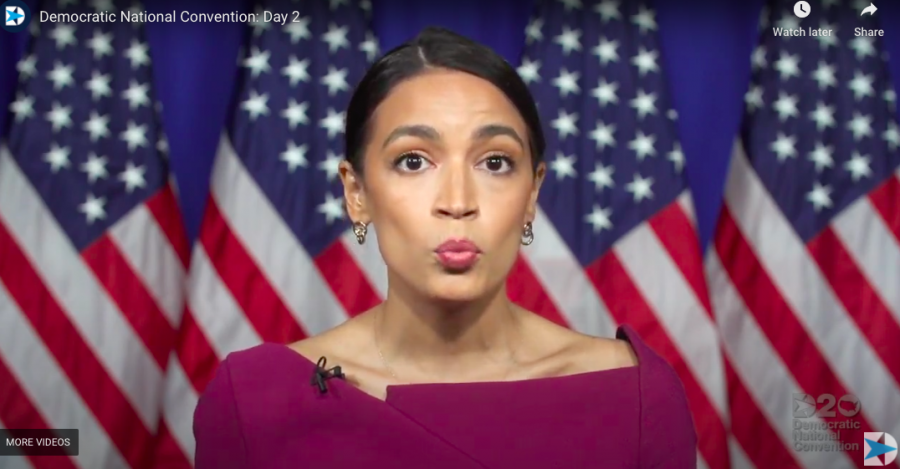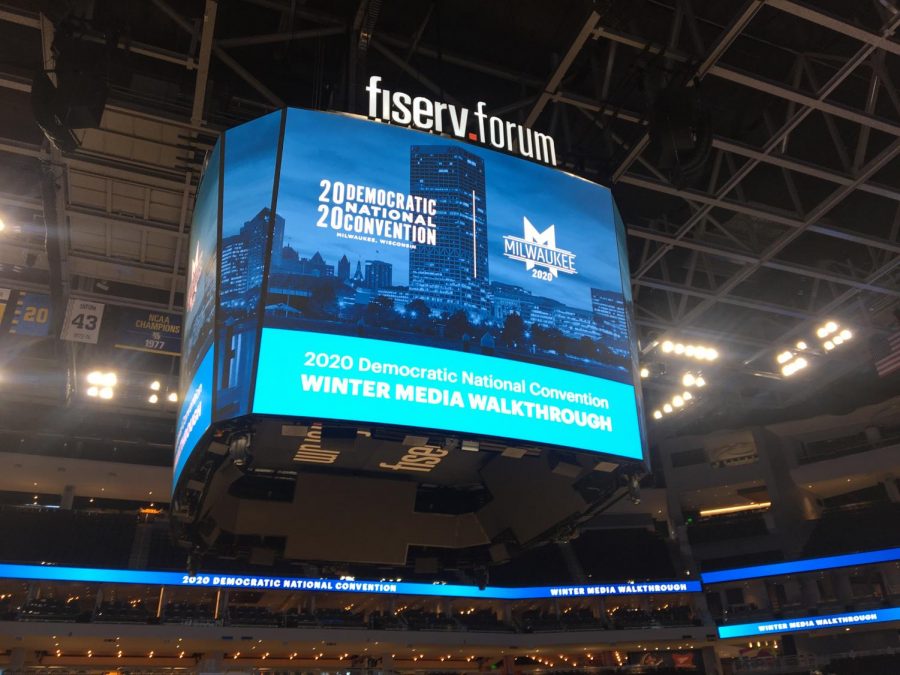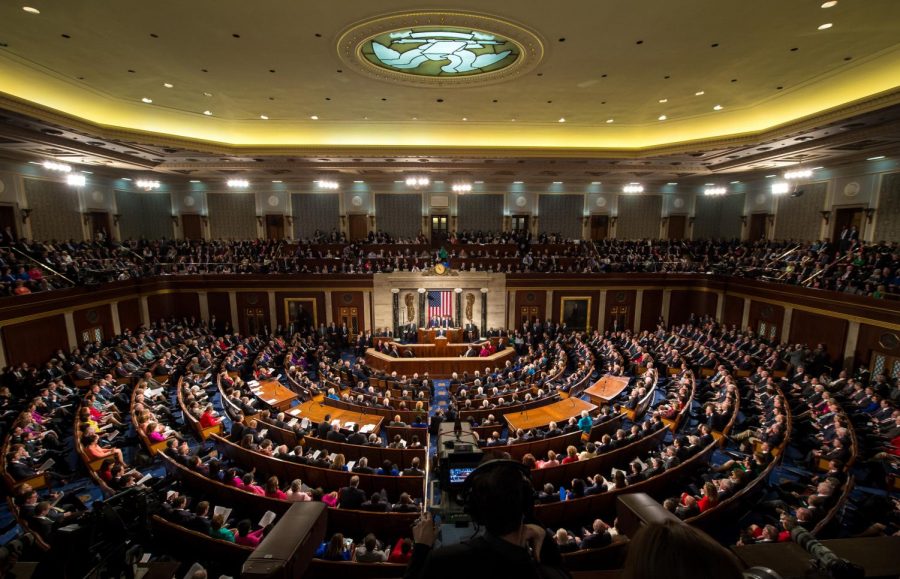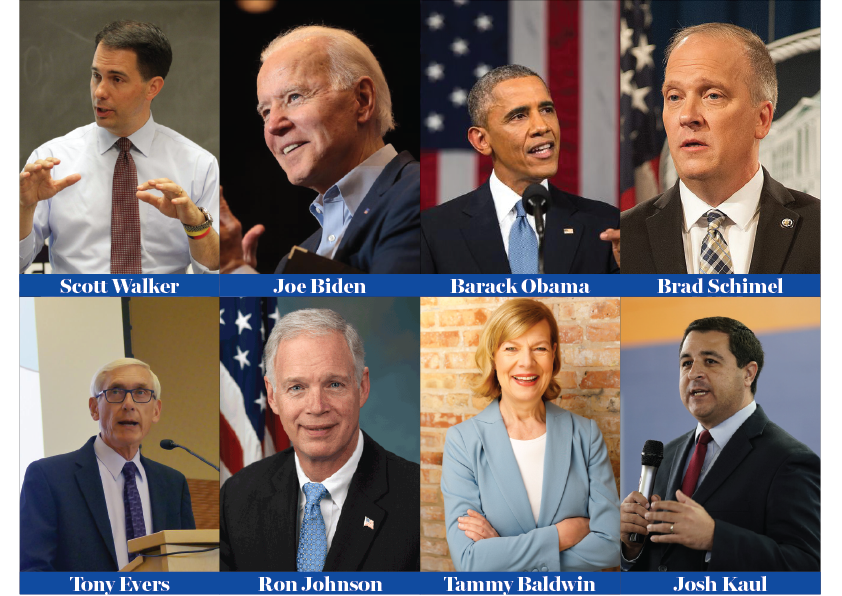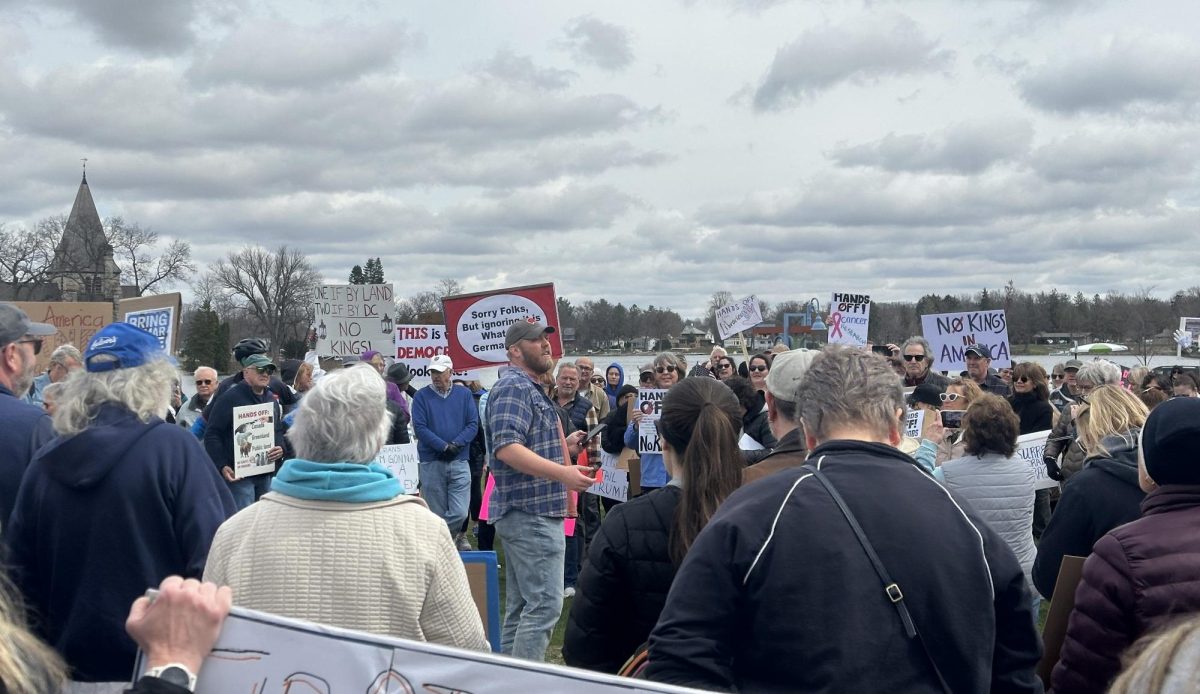It’s been suggested that the current election cycle will have a revolutionary effect on the future of American democracy. I’m hesitant to agree with these claims because I can’t foresee a genuine revolution taking place in this country any time soon.
Like valley girls misusing “literally,” or people who pretend “irregardless” is a word, much of America needs a reeducation on denotation. Sure, I’ll grant the usage of the word “revolution” as an effective rhetorical tool, but it’s also misleading.
The candidates may be unique, but the political climate isn’t.
At first glance, Donald Trump appears to be a unique candidate. He’s a businessman, a former reality TV star, sexually aggressive, openly misogynistic and completely unscripted. Juxtaposed against career politicians, Trump is unique. But personality aside, similarities exist between the current Republican presidential nominee and former politicians. Parallels have been drawn between Trump and 1964 Republican nominee, Senator Barry Goldwater, who was also condemned by high profile Republicans, observable in “Confessions of a Republican,” a campaign commercial from that year.
As far as Trump’s status as a political outsider, he’s not alone. Ben Carson, a retired neurosurgeon, stood on the stage alongside Trump, and Republican Party hero Ronald Reagan was an actor before he began his political career. Being an “outsider” is hardly novel in politics.
On the other side of the aisle, Hillary Clinton, being both a woman and a former first lady, is definitely a unique candidate. It would be easy to argue that her presidency would be revolutionary, and maybe there’s truth in it. It would be socially revolutionary in that it would challenge a traditional patriarchy. It wouldn’t, however, be politically revolutionary.
If anything can be extolled as revolutionary in this election cycle, it’s the internet, not the candidates.
Senator Bernie Sanders, for example, relied on the internet and social media to encourage supporters to donate to his cause. As an opponent of Citizen’s United, I was excited by his strategy. But while limiting corporate political sponsorship and instead relying on Joe-the-plumbers to support their desired candidate would be a welcomed improvement in political campaigning, it still wouldn’t be revolutionary.
Trump is actually another obvious example of the power of social media in this election. Early in his candidacy, Trump was lauded by internet culture as “the one meme to rule them all,” and many argue social media is to blame for his popularity.
Even everyone’s favorite uncle, Jeb Bush, tried to rally support online, using the tagline #JebNoFilter as a slogan, calling out Mark Zuckerberg in my all-time favorite election advertisement.
While the efficacy of the internet in influencing politics fills my millennial heart with joy of being relevant, I believe it’s still not truly revolutionary.
In a no-holds-barred democracy, maybe aspects of this election would prove revolutionary. But luckily for America, we have a representative democracy with elected officials, checks and balances, rules, regulations, stipulations and caveats. Our bases are pretty much covered.
That’s not to say there’s no room for improvement. Just because I believe in the way the U.S. government is organized doesn’t mean I believe it’s functioning to its full potential.
I don’t think this, or any other election, will revolutionize our current democracy, nor do I think our current system needs revolutionizing. Put away your hazmat suits, stop stocking your fallout shelters, put your passports back into your desk drawer — you’re not going to be displaced to Canada.
Whatever happens Tuesday, have faith in our government. It survived Herbert Hoover, it will survive 2016.



